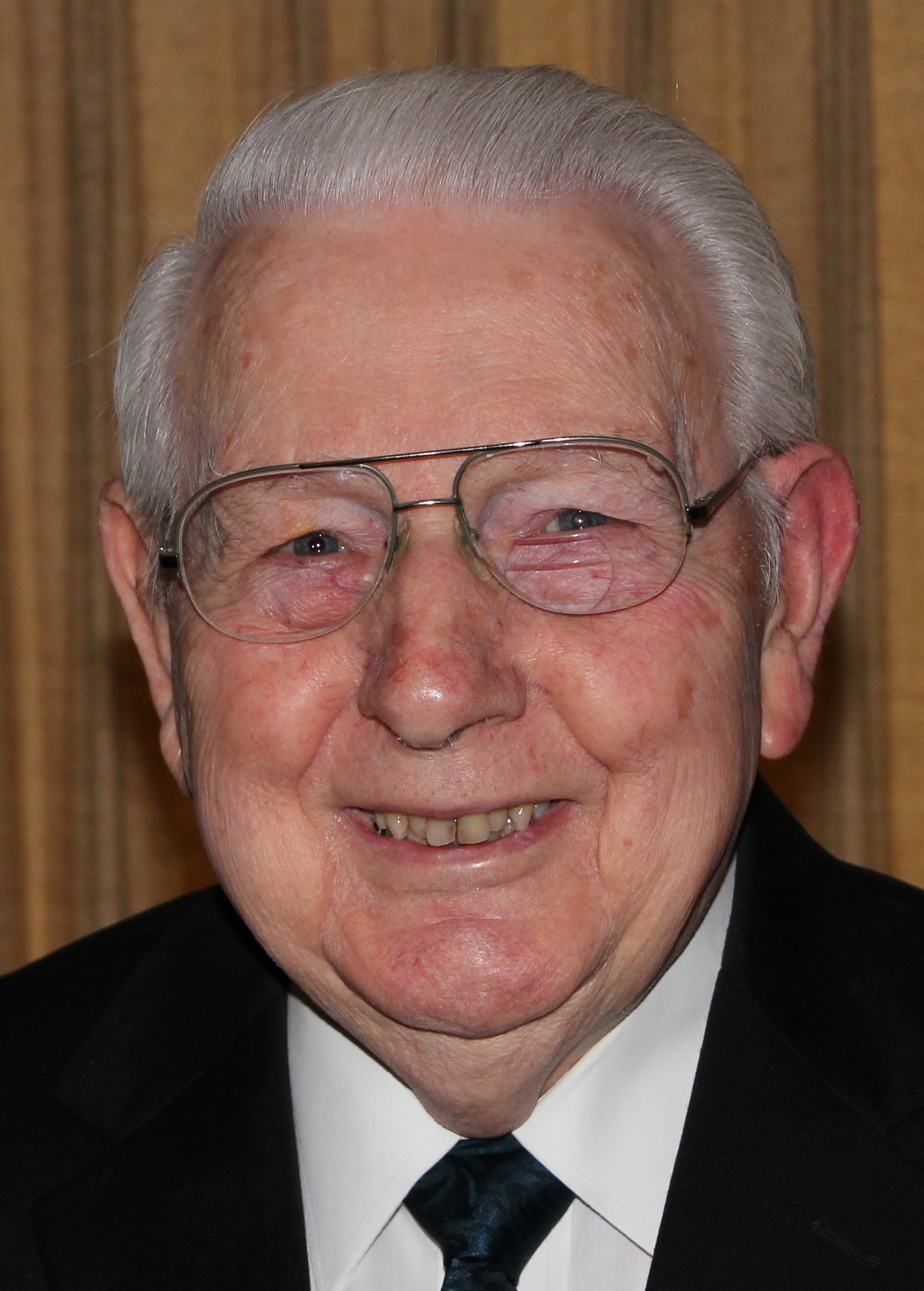 December 3, 2015 (Thursday)
December 3, 2015 (Thursday)
He was angry. Someone he loved had been suddenly murdered. No mercy had been shown. He was bereaved. And filled with rage. His anger controlled him. You could see it in his face and his every action. I was losing patience with this man. He did not ordinarily behave like this. He was losing control of his emotions, and behaving badly. Suddenly my feelings toward him were being tested..
And then all of a sudden I realized I was watching a show on television and the person with whom I was losing patience was an actor. He was not angry. He was playing the part of an angry man. He was not out of control. He was very much in control of his acting abilities and was doing quite well.
How we react to someone’s behavior depends upon what motivated them to act. I was foolish to become angry with an actor playing the role of a fictional character. But what if it had been a real situation? What if he had said something to me that hurt my feelings and I wanted to retaliate? Would it not be prudent of me to try and discover what was motivating him? What was happening in his life that moved him to behave badly? It would certainly be a wise move on my part to delay my bad reaction long enough to find out why he was so upset and abusive.
Many situations that produce conflict could be diffused if people would take a deep breath, refuse to say something hurtful, and just stop and think. “Gut” reactions are seldom productive and can deepen a conflict, making things worse.

“My dear brothers and sisters, take note of this: Everyone should be quick to listen, slow to speak and slow to become angry” (James 1:19 NIV).
“The one who has knowledge uses words with restraint, and whoever has understanding is even-tempered” (Proverbs 17:27 NIV).
“Do you see someone who speaks in haste? There is more hope for a fool than for them” (Proverbs 29:20 NIV).
